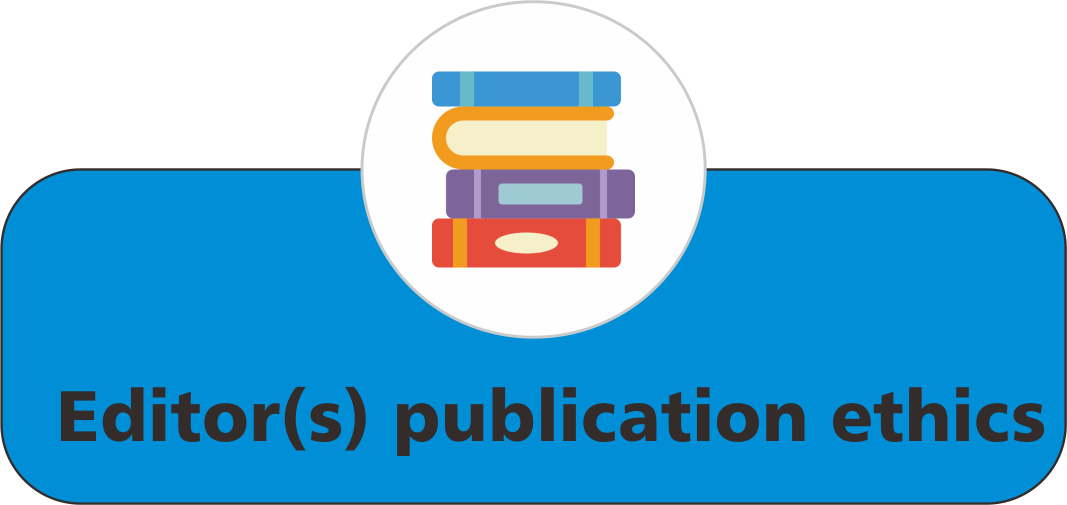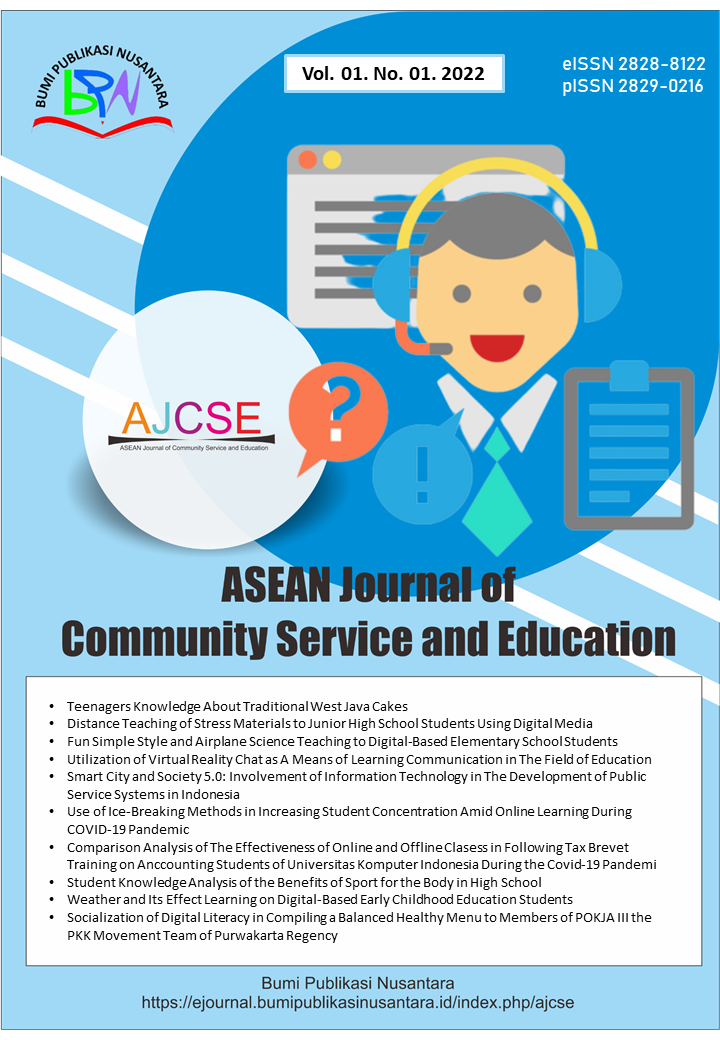Leveraging Artificial Intelligence (AI) and Geospatial Technologies for Community-Centered Urban Expansion Forecasting in Hyderabad
 ), S. Ramakrishna(2),
), S. Ramakrishna(2),
(1) Osmania University
(2) Osmania University
 Corresponding Author
Corresponding Author
Abstract
Keywords
References
Bhat, T., and Nanda, S. (2021). Deep learning-based convolutional networks for land cover classification in rapidly growing cities. Remote Sensing and AI Applications, 17(3), 120-142.
Gupta, S., and Sharma, R. (2022). Analyzing urban congestion and air pollution using GIS and remote sensing: A case study of Hyderabad. Journal of Urban Environmental Studies, 18(2), 112-130.
Jain, R., and Kapoor, S. (2021). Urban sustainability and land use planning: A comparative GIS-based analysis of Indian metro cities. Journal of Urban Geography and Development, 21(4), 65-89.
Kamraju, M., and Ali, M. A. (2019). Environmental impacts of urban growth from an integrated dynamic perspective: A Study of Hyderabad, Telangana State, India. International Journal for Research in Engineering Application and Management (IJREAM), 5, 265-273.
Khan, M., and Ahmed, T. (2021). Machine learning approaches for urban growth prediction: A comparative study of random forest, SVM, and CNN. International Journal of Geospatial Science, 27(3), 85-101.
Kumar, R., Patel, V., and Singh, P. (2021). Geospatial risk mapping of urban expansion: Identifying high-risk zones for sustainable city planning. Remote Sensing and Urban Studies, 22(1), 45-68.
Mehta, D., Reddy, S., and Kumar, P. (2021). The impact of rapid urbanization on public infrastructure: A GIS-based analysis of Hyderabad’s development. Journal of Urban Planning and Sustainability, 34(4), 92-110.
Patil, A., and Verma, R. (2020). Predicting urban expansion with deep learning and remote sensing: A case study of Hyderabad’s metropolitan region. AI and Geospatial Science Review, 25(1), 57-79.
Rao, K., and Prasad, H. (2020). The impact of urbanization on water bodies: A case study of Hyderabad using GIS and remote sensing. Environmental Planning Journal, 19(2), 38-64.
Sharma, V., and Das, P. (2019). Challenges of traditional urban planning: The need for AI-driven geospatial intelligence. International Journal of Urban Studies, 31(4), 101-126.
Singh, R., and Yadav, P. (2020). A multi-temporal analysis of urban sprawl using Landsat data and geospatial modeling. Remote Sensing Applications for Urban Growth, 20(1), 33-56.
Venkatesh, K., and Kamraju, M. (2018). Urban sprawl and sustainable development in hyderabad: A geoinformatic approach. International Journal of Creative Research Thoughts (IJCRT), 6(1), 1285-1294.
Article Metrics
Abstract View : 476 times
: 476 times Download : 424 times
Download : 424 times
Refbacks
- There are currently no refbacks.
Copyright (c) 2025 Bumi Publikasi Nusantara

This work is licensed under a Creative Commons Attribution-ShareAlike 4.0 International License.







